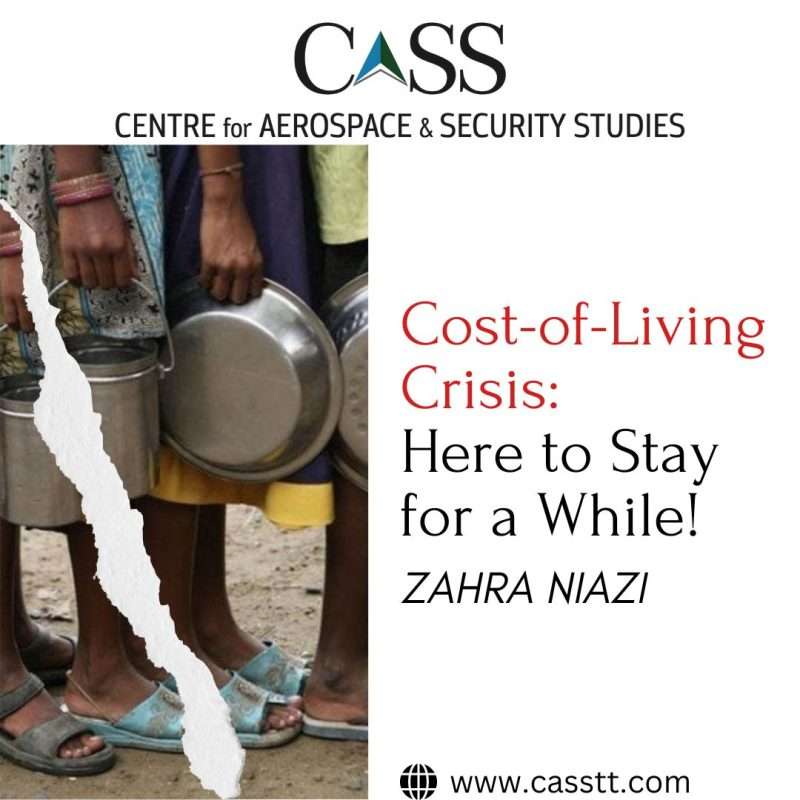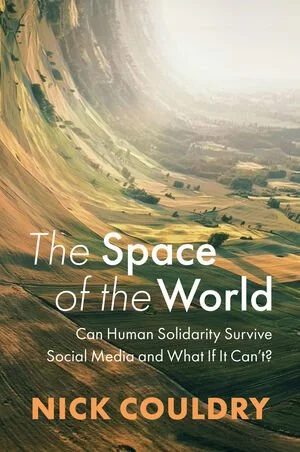With inflation hitting record-high levels, millions of low- and middle-income Pakistanis are reeling from a cost-of-living crisis. Since the beginning of the war in Ukraine in late February last year and the subsequent global commodity price hikes, costs of most basic commodities that an average Pakistani consumes or uses have surged at one of the fastest rates in decades. In the capital city, Islamabad, a 20-kilogram (kg) bag of wheat flour that used to cost PKR 1100 around the end of February last year now costs over PKR 2850; one kg of basmati rice that used to be between PKR 100 and PKR 120 is now averaging around PKR 250; and the price of a kilogram of pulse (masoor) has increased from PKR 223 to almost PKR 300 on average. For other food staples, the situation is no different. The price hike for fuel has been equally unmerciful. The price of petrol, which was PKR 160 per litre around end-February last year, is now PKR 291 per litre; and the cost of high-speed diesel, which was PKR 154 per litre, is now PKR 294 per litre.
Salaries, on the other hand, have not kept up with this inflationary pressure.
Several factors point to the fact that this cost-of-living crisis is likely to persist for a while. Global commodity prices, which began skyrocketing in 2022 due to the disruption in global food, fertiliser, and fuel markets resulting from the war in Ukraine, are on a downward trajectory from their 2022 peaks due to factors such as a weaker-than-expected demand in China, the build-up of gas inventories in Europe, a slowdown in global economic activity, or a warmer-than-expected Northern winter. However, inflation still remains high. The recent Russian exit from the Black Sea grain deal – a UN-brokered deal signed in July 2022 to enable the resumption of Ukrainian grain exports – has now raised new concerns about food price hikes in Asia, which received a significant percentage of grain shipments under the deal.
Global oil prices remained high over the past seven weeks as Saudi Arabia and Russia voluntarily cut oil output to shore up oil prices. Output cuts are expected to extend until the end of 2024, especially impacting countries depending on imported fuel, including Pakistan. More importantly, Pakistan’s commitment with the International Monetary Fund (IMF) under the recent 9-month Stand-By-Agreement (SBA) to not introduce any fuel subsidy or cross-subsidy scheme, increase tax revenue, and maintain a market-determined exchange rate will continue to fuel inflation in the coming months, with the latter contributing by increasing import prices. Additionally, the role of climate change and hoarding or black marketing of commodities in causing volatility in domestic market prices, cannot be underestimated.
Conventional wisdom also suggests that large and prolonged inflationary pressure in the domestic economy can only slow down, stop becoming more intense, or reduce slightly. Prices of most commodities, however, do not decrease significantly as the revised rates become the ‘new normal.’ Average salaries, on the other hand, take some time to catch up with the ‘new normal.’ This suggests that for most Pakistanis, a cost-of-living crisis will remain an inescapable part of reality for at least some time. In these circumstances, the government must prioritise supporting those in need through measures such as rationalising social spending or boosting job creation. To curb inflation, while the IMF’s report on Pakistan after the recent SBA has emphasised adopting a tight monetary policy approach involving interest rate hikes, economists believe that Pakistan’s inflation rate, which is primarily a cost-push phenomenon, has nothing to do with interest rates. In fact, interest rate hikes add to inflation by increasing the cost of borrowing, reducing industrial activity, cutting jobs, and increasing price pressures through supply shortages. Since the IMF still allows for monetary policy to be data-driven, a comprehensive study must be undertaken to assess the impact of the current interest rate hike cycle on inflation for more informed policy decisions. Alternative approaches to ease inflationary pressure can include measures such as a much tighter crackdown against hoarders and black marketers, adopting strategies to maximise domestic food production, or accelerating efforts to reduce reliance on imported fuel, among others.
Individual-level actions are also extremely important. For the relatively well-off, this implies engaging in more active philanthropy. For many others, this would imply adopting more financially capable behaviours, such as keeping track of one’s finances, trying to save regularly for unexpected expenses, or using credit more prudently. Several financial management applications have been developed to help users track their expenses, set budgets and saving goals. For those who are not very tech-savvy, doing this manually is always an option.
As prolonged as this period appears, it is important to remember that, like all other crises, this too shall pass, but until then, it will require us to exhibit utmost strength, compassion, and self-discipline.
Zahra Niazi is a Research Assistant at the Centre for Aerospace & Security Studies (CASS), Islamabad, Pakistan. She can be reached at [email protected]
Design Credit: Mysha Dua Salman





